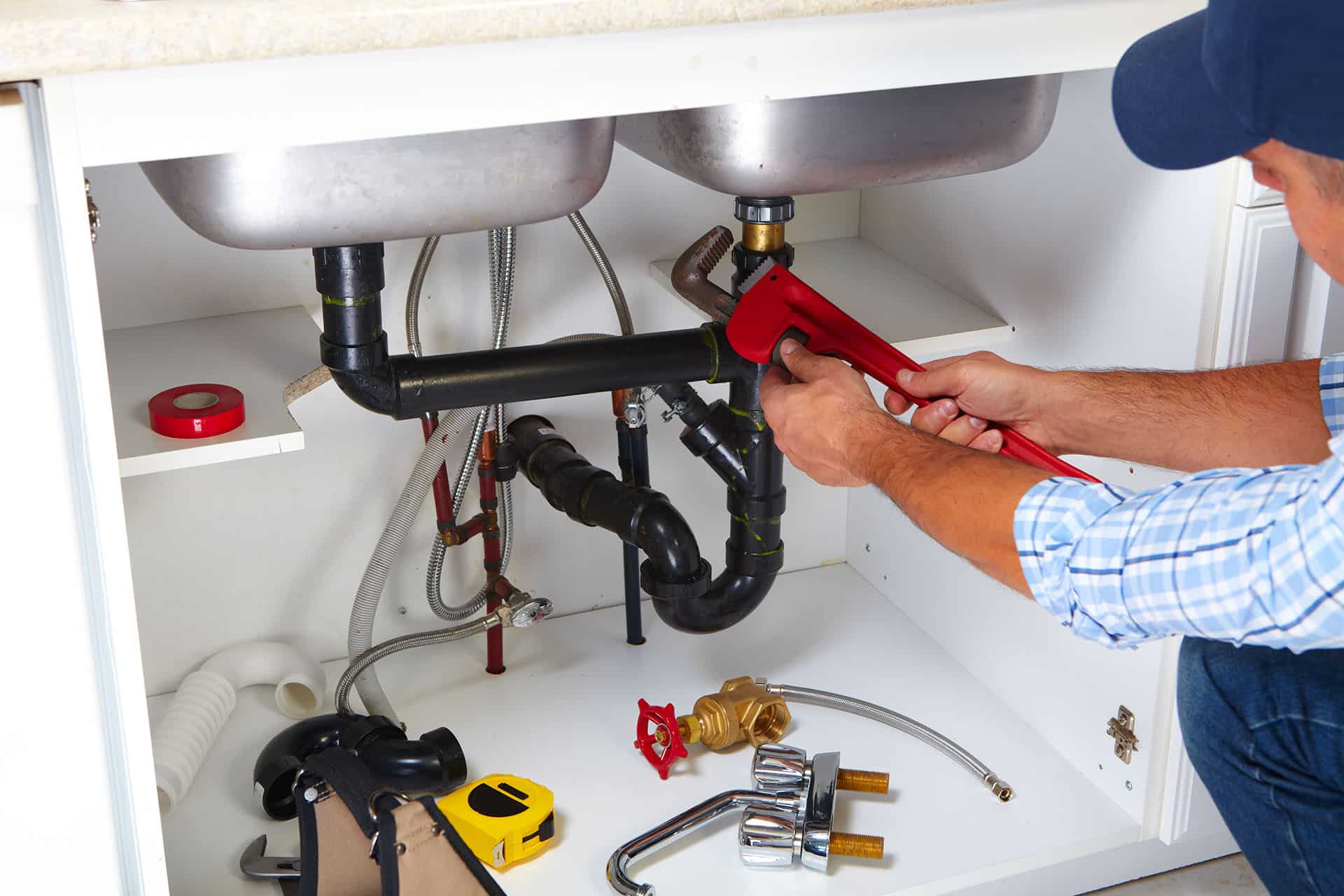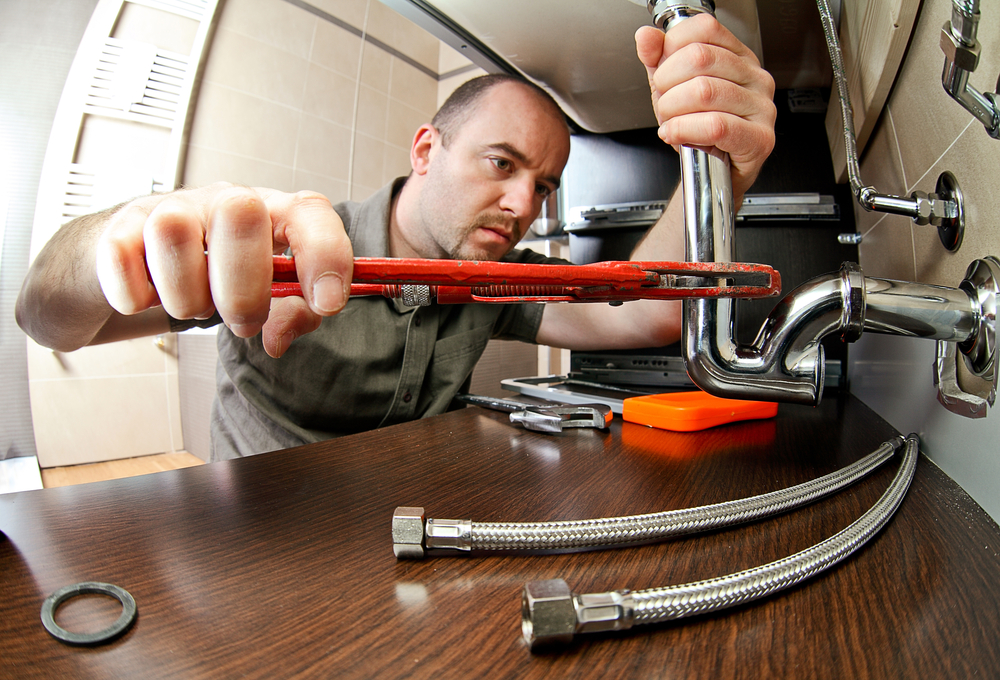Click Here To Read More
We have discovered this article pertaining to Can Hard Water Ruin Your Appliances? listed below on the net and decided it made perfect sense to relate it with you on my blog.

The trick to durable appliances, unsurprisingly, appertains maintenance. There's no hard and fast guideline that can guarantee your plumbing appliances a long wear, but you can protect against unneeded damages and also fixings by avoiding negative plumbing habits.
You must quit doing these 6 things else you'll maintain calling your plumber over for minor faults.
Purging whatever
Yes, your commode drain results in the sewage systems, but that doesn't indicate you ought to unload just anything down the drain. Many 'flushable' products are actually wonderful clog starters, for instance floss. Asides maintaining apparent non-flushable products like cords and also plastics out of your bathroom, you should also prevent flushing cotton swab, menstrual items, wipes, daipers and condoms down the commode drainpipe.
Putting grease in the sink
We understand properly dealing with grease after a hearty meal is a discomfort. However simply pouring it away can do long-lasting harm to your pipelines. "The fat as well as oil can clog your drainpipe badly enough to require you to call a plumber," discusses Dawson. "Plumbing works best when it's well cared for-- not abused with grease."
Utilizing too much drain cleaner
Making use of a drain cleaner greater than one or two times a month is an indication that something severe is taking place within your pipelines. Currently, rather than facing the major problem, you go for a quick fix; a fizzy drain cleaner. Rightfully, a drain cleaner will deal with the obstruction, however at what price?
The chemicals in a drain cleanser can speed up the deterioration of your pipelines. Add that to whatever underlying problem is triggering the obstruction and also you might need to a severe problem on your hands.
If you experience too many clogs, call your emergency plumber rather than using a drainpipe cleaner.
Not washing recipes prior to packing them into the dish washer
it's called a dishwashing machine, but throwing in recipes, pots, and also frying pans covered in big food bits can actually trigger some significant damage to the device, bring about long-lasting problems down the line. "House owners might need to obtain their dishwashing machine fixed regularly if they do not rinse their meals before filling, or at least remove larger food pieces," clarifies Audrey Monell, owner of Forrest Anderson Plumbing and Air Conditioner in Glendale, Arizona. "Food that obtains stuck on meals creates the dish washer to work harder, which can wear down parts much faster, leading to issues."
DIYing whatever
With plumbing, a stitch in time really does save 9. You can avoid a fullblown plumbing emergency by calling your plumber at the right time.
You may have discovered a few plumbing hacks from your father, however you ought to know where to draw the line and call an expert. As an example, you may be able to take care of a blockage yourself, however you should not try to alter a pipeline. You might inequality pipes or overtighten a bolt, creating even more injury and also damage than you believed. Calling a plumber is a safe and economical choice.
Not altering your dish washer hose pipes
One simple way to guarantee that you use your dishwasher for many years is to change the hose at least once in 5 years. This also requests cleaning machine pipes.
With time, food particles, soap as well as grease can develop obstructions within your pipes. Changing them on schedule will certainly avoid any kind of presure accumulate that can damage the interior operations of your dish washer or washing device.
A strengthened steel intertwined pipe does an excellent task of lengthening your maker's use time.
No winter season precautions
Severe climate condition misbehave for your pipelines, particularly if they're made from steel. You should shield your exposed pipes, and your water container, even if you have a hot water heater. You should additionally turn off your garden pipe valve and any other external water channels. These networks are outlets for chilly; you pipes can start to ice up from outside if you do not.
How Hard Water Damages Your Plumbing and Appliances
Hard water is no stranger to most households across America. This silent invader affects 85% of homes in the United States every day, wreaking havoc on pipes, plumbing fixtures, and water-using appliances.
Should you become a victim of hard water, you must understand exactly what it is and how it affects your plumbing and appliances. This will help you determine the correct measures to put in place to fix or prevent any problems that may arise.
First off, what exactly is “hard” water?
In short, “hard water” is used to describe water that contains relatively high amounts of dissolved minerals, primarily calcium and magnesium, and a host of trace metals. When rainwater falls from the sky (usually in a pure form), it absorbs the hardness minerals from rocks and soil, which changes it from soft to hard water.
What about my plumbing and appliances?
Mineral deposits from hard water can cause buildup on tubs, shower, sinks, faucets. But that’s only a small scratch of the surface. Those minerals can gradually build up inside pipes, fixtures, water heaters, washing machines, and dishwashers. Once they accumulate in those areas, they can clog pipes and create major problems throughout your plumbing system, from reduced water flow to increased pressure on pipes and fixtures.
This limescale buildup might affect some appliances, causing them to operate less efficiently and wear down faster. And the result? Higher energy bills, more (costly) plumbing replacements and repairs, and damaged appliances.
Keep in mind that certain types of plumbing are more susceptible to clogging than others. Copper, PVC, and PEX pipes are more resistant to hard water buildup and corrosion, but they can still get clogged or completely blocked by scale deposits.
How do I know if my water is hard?
White limescale buildup on plumbing fixtures (or any of the other signs mentioned above) is usually a good sign that your water is hard. If you suspect that you have hard water, you can simply shake up a small amount of dish soap and water in a closed container. If the mixture doesn’t create a lot of suds, you probably have hard water.
The most precise method, however, is to test your water with a DIY test kit (sold online or at local home centers or hardware stores) or send a water sample from your tap to a local lab to be tested. Be sure that you understand the nature of the test, the water condition being measured, and the significance of the test results.
Another way to obtain an estimate of water hardness is to check your annual water quality report to see if your water provider has reported any instance(s) of water hardness in your water supply.
https://www.springwellwater.com/how-hard-water-damages-your-plumbing-and-appliances/

I hope you enjoyed reading our part on Can Hard Water Ruin Your Appliances?. Thanks a ton for taking a few minutes to read through our article post. If you appreciated our post if you please make sure you remember to pass it around. Thanks for going through it.
Call